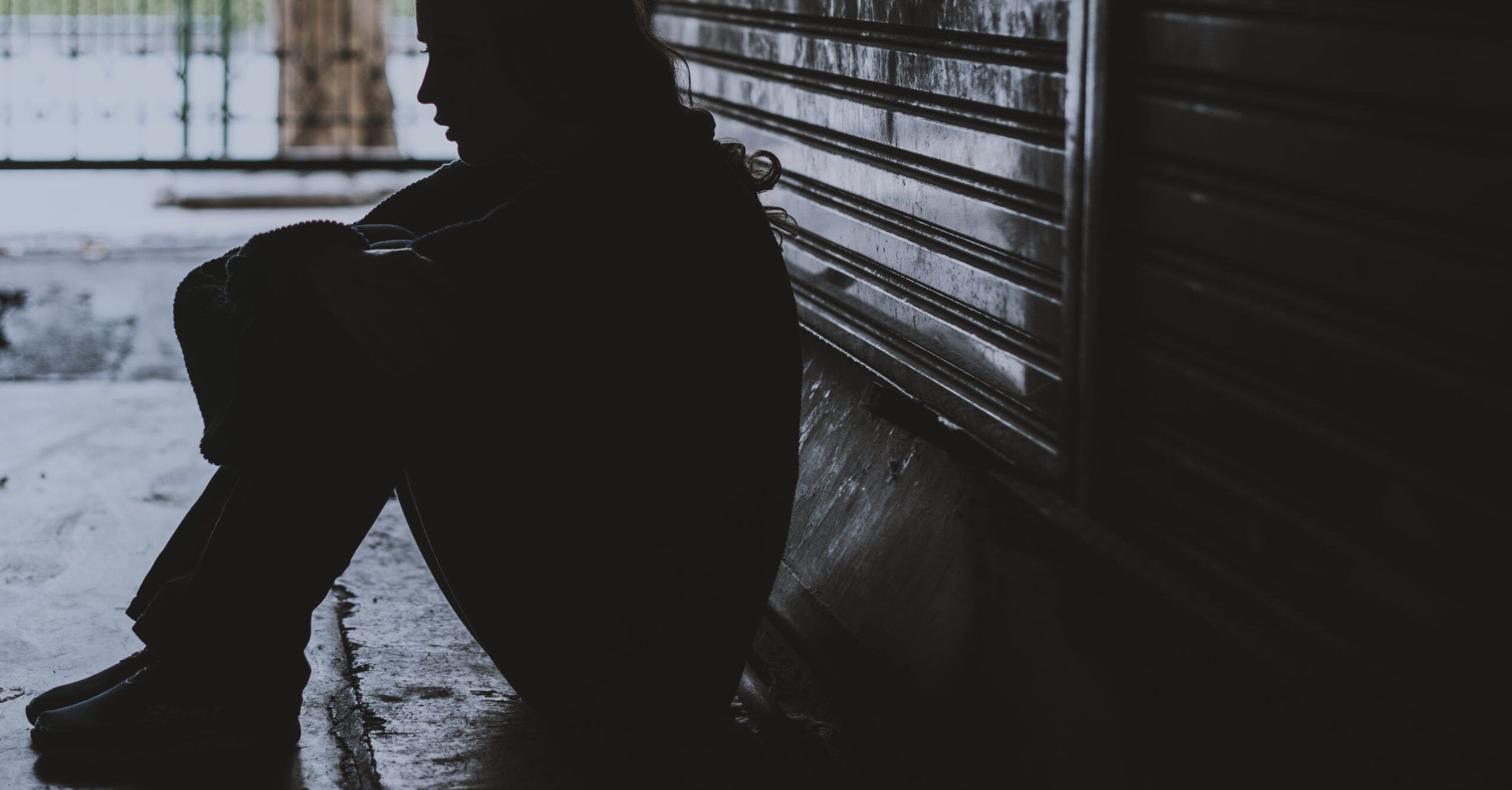Studies show that just $3,000 over six months was enough to fundamentally reshape people’s lives.
By: ADELE PETERS.
Original post appears in: https://www.fastcompany.com/90717489/what-happened-after-these-unhoused-people-got-monthly-500-checks-two-thirds-have-homes
When a San Francisco-based nonprofit started a basic-income pilot last year—giving a small group of people experiencing homelessness $500 per month for six months—it didn’t expect that the cash would be enough to help people find housing in a city where the average one-bedroom apartment rents for more than $3,000 a month.
The group predicted that the money would help reduce stress and improve food security, and it did. But two-thirds of the people who were unhoused when the pilot began also now have permanent housing. (The number has grown since the program first ended, when only a third had moved into new housing.)
“There’s a level of incredulity, like, how did this happen?” says Kevin Adler, founder and CEO of Miracle Messages, the nonprofit. “That’s an important narrative to be able to realize—our unhoused neighbors are often more tapped into resources, housing options, networks that might be able to open up, but just are lacking a little bit of funds. For me, it’s yet another testimony of the importance of seeing the agency and the intrinsic dignity of each of our unhoused neighbors.”
In one case, a woman who had lost her job while undergoing cancer treatments couldn’t qualify for senior housing, despite the fact that the rent was subsidized, because she didn’t have enough steady income. The small boost from the basic-income pilot was enough for her to meet the requirements and move in.
In another case, a man used the funds to relocate out of state, where he was able to move in with a friend. When the pilot began, a few of the recipients were quickly able to find housing. Out of the group of nine people who were unhoused, six now have a place to live.
Basic-income pilots are growing quickly. A Vancouver pilot gave unhoused recipients $7,000 in cash. Several cities, from Newark, New Jersey, to Chicago, are also testing the approach of giving direct cash transfers to people living in poverty. The idea is simple: People living in poverty need money, and they’re in the best position to know how to spend it.
In the San Francisco pilot, most people spent the money on food and rent. But two people also chose to adopt service dogs to help with their anxiety. Others used the money to help support family members. One woman used part of the funds each month to buy food to share with children in her neighborhood who didn’t have enough to eat. Another used some of the money to buy gas to get to work and clothes to wear on the job. A person with impaired vision bought audiobooks. One person even donated some money back to the program, saying, “I didn’t do it for you, I did it for myself to once again feel the dignity of being able to support the causes that I believe in.”
The program was unique because of its strong social component—the nonprofit’s primary work involves connecting people experiencing homelessness with volunteers who become friends, staying in touch with weekly calls and texts. Everyone who participated had already had a volunteer “buddy” for at least three months, and to get the money they had to agree to continue that relationship.
“This program would not have worked for me if I didn’t have the social aspect of it,” says Ray, one of the recipients, who asked to be identified by only his first name. Jen, the volunteer who became his friend, he says, “gave me three things, and that was hope, confidence, and friendship. With those three things, I was able to gather myself and think about what’s better for me, what’s good for me. And you can’t do that alone. There’s just no way in this world you can do that alone.”
Someone who is homeless is also often likely to experience what the nonprofit calls “relational poverty,” meaning they have little social support.
Building a relationship with a volunteer helped recipients begin to believe in a different future. Ray says Jen gave him “the confidence to to know that at one point or another, this is going to end and it’s going to change.” Volunteers also helped recipients talk through how they could use the money to reach specific goals.
Cash might not help everyone experiencing homelessness. The pilot group was very small, and recipients were carefully selected based on factors such as how much the money was likely to help them, how engaged they were with their “buddy,” and whether they were currently facing challenges like addiction. But the study suggests that even a small amount of money can make a meaningful difference for some people. In monthly interviews, recipients talked about how they were using the funds and answered a long list of questions about things like how often they’d felt anxious or how often they’d worried that food would run out before they could buy more (some 77% of recipients said that they had lower levels of psychological distress; all said that they felt more financially secure).
The nonprofit now plans to work with researchers in Los Angeles to conduct a randomized controlled trial that will rigorously test how much the approach can help—including beginning with existing relationships and offering strong social support along with the money. “Basic-income pilots are popping up left and right,” Adler says. “But very few of them are looking at the social capital element—the relational poverty as well as the poverty that the recipient is facing.”
___________________________________________
ABOUT THE AUTHOR
Adele Peters is a staff writer at Fast Company who focuses on solutions to some of the world’s largest problems, from climate change to homelessness. Previously, she worked with GOOD, BioLite, and the Sustainable Products and Solutions program at UC Berkeley, and contributed to the second edition of the bestselling book “Worldchanging: A User’s Guide for the 21st Century.”


















